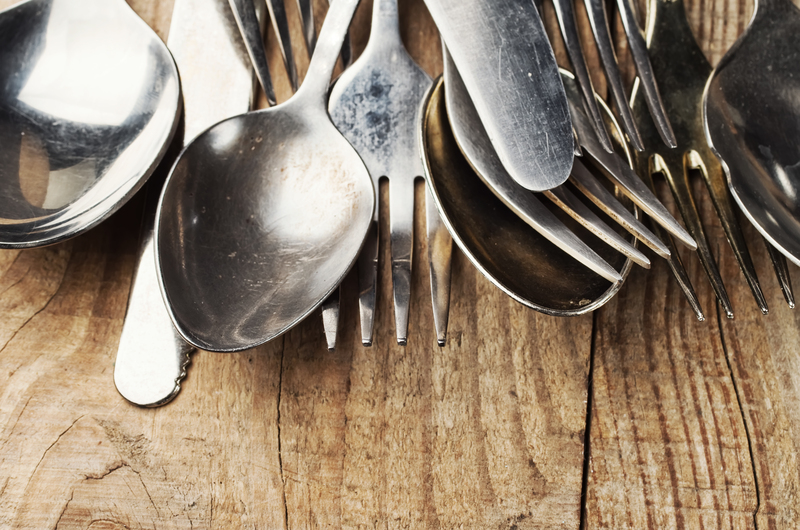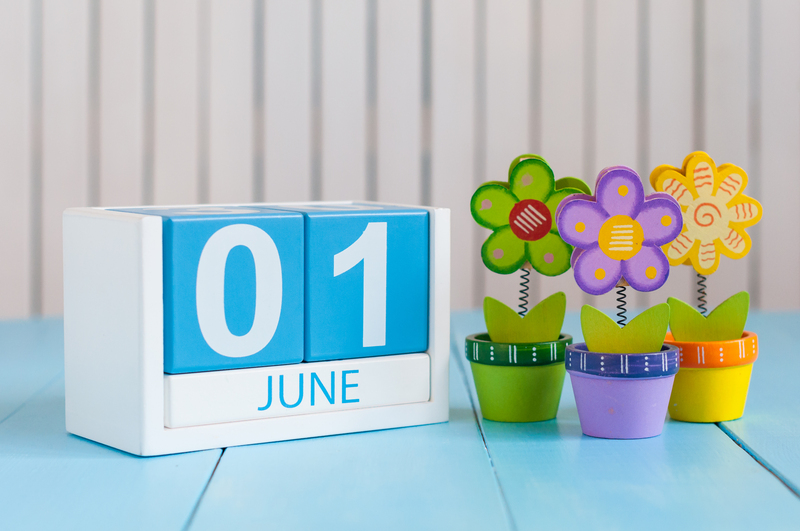Protecting and Cleaning Linoleum
Posted on 07/05/2025
Linoleum flooring has been a popular choice for homeowners for over a century due to its durability, sustainability, and aesthetic versatility. However, maintaining linoleum requires some specific care to ensure its longevity and continued visual appeal. In this article, we will discuss the essential tips and strategies for protecting and cleaning linoleum floors effectively.
Understanding Linoleum: What Makes It Special?
Linoleum is a resilient flooring material made from natural ingredients such as linseed oil, wood flour, cork dust, and mineral fillers. It's prized for its eco-friendliness, durability, and variety of designs. Proper care and maintenance are crucial to preserving these qualities.

Step-By-Step Guide to Cleaning Linoleum Floors
Regular cleaning is vital to keep linoleum floors looking their best. Here's a comprehensive guide to help you maintain your flooring.
1. Daily Sweeping and Dusting
Dirt and grit can act like sandpaper, scratching and dulling the surface of linoleum. Use a soft-bristle broom or a vacuum cleaner with a hard floor setting to remove dust and debris daily.
2. Weekly Mopping
Mop your linoleum floor at least once a week using a mild, pH-balanced floor cleaner. Avoid using abrasive cleaners or those with high pH levels as they can damage the linoleum surface. Here's a simple method:
- Mix a few drops of mild dish soap with warm water.
- Dip a mop into the solution, wring out excess water, and mop the floor.
- Rinse the mop frequently to avoid spreading dirt.
- Dry the floor with a clean towel to prevent water spots.
3. Removing Stains
Stains can be especially stubborn on linoleum. However, they can be tackled with a bit of patience and the right techniques:
- Scuff Marks: Rub gently with a mixture of baking soda and water.
- Grease: Use a solution of warm water and white vinegar.
- Ink: Dab with a cloth soaked in rubbing alcohol.
Protecting Your Linoleum Flooring
While regular cleaning is essential, protecting the linoleum is just as important to prolong its life and maintain its appearance.
1. Use Doormats
Place doormats at entryways to trap dirt and prevent it from being tracked onto your linoleum floors. This simple step keeps abrasive particles at bay.
2. Furniture Pads
Heavy furniture can cause dents and scratches on linoleum. Attach felt or rubber pads to the legs of chairs, tables, and other furniture to protect the flooring.
3. Avoid Excess Water
Linoleum is water-resistant but not waterproof. Excess moisture can seep into seams and cause damage. Always ensure the floor is thoroughly dried after cleaning.
4. Polish and Seal
To maintain a shiny surface, polish your linoleum floors every few months with a linoleum-specific polish. Additionally, applying a sealant once a year can provide an extra layer of protection against stains and water damage.
Pros and Cons of Linoleum Flooring
Understanding the advantages and disadvantages of linoleum can help you make informed decisions regarding its care.
Pros
- Durability: With proper care, linoleum can last 20-40 years.
- Eco-Friendly: Made from natural, biodegradable materials.
- Variety: Available in various colors and patterns to suit any decor.
- Resilient: Comfortable underfoot and slightly flexible, reducing impact noise.
Cons
- Susceptible to Water Damage: Excessive moisture can cause warping or staining.
- Requires Regular Maintenance: Needs consistent cleaning and periodic polishing.
- Can Be Easily Scratched: Requires protective measures against sharp objects and heavy furniture.
Tips for Maintaining Linoleum Floors
Here are some additional tips to keep your linoleum flooring in top condition:
- Spot Clean Immediately: Address spills and stains as soon as they occur to prevent them from setting.
- Avoid Harsh Chemicals: Stick to mild, pH-neutral cleaners specifically designed for linoleum.
- Use Rugs: Area rugs in high-traffic areas can reduce wear and add an extra layer of protection.

Key Takeaways
- Regular cleaning is essential for maintaining the appearance and longevity of linoleum floors.
- Protect the flooring from scratches and dents by using doormats, furniture pads, and avoiding excess water.
- Polish and seal the floors periodically to preserve their shine and enhance their durability.
Conclusion
Maintaining linoleum flooring involves a combination of regular cleaning and protective measures to ensure it remains beautiful and durable over time. By incorporating these tips and strategies into your routine, you can enjoy the eco-friendly, aesthetic, and resilient benefits of linoleum for years to come. Whether it's daily sweeping, weekly mopping, or annual sealing, each step plays a crucial role in keeping your linoleum floors in pristine condition.
By following these guidelines, you can protect your investment and maintain the charm and functionality of your linoleum flooring.
Latest Posts
Keep Your Home Dust Mite-Free: A Short Guide







